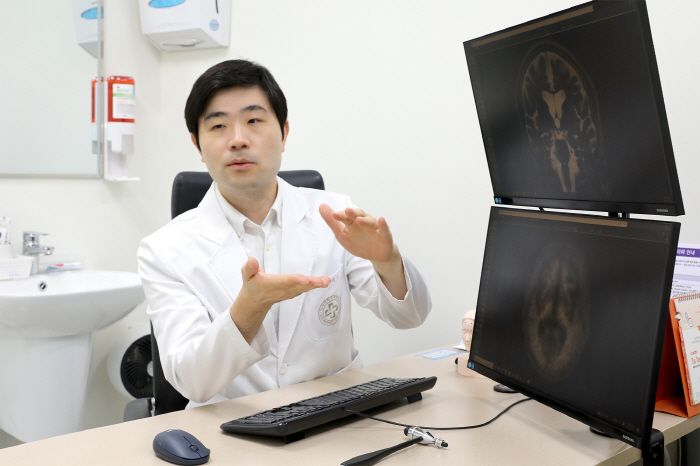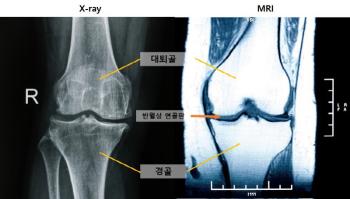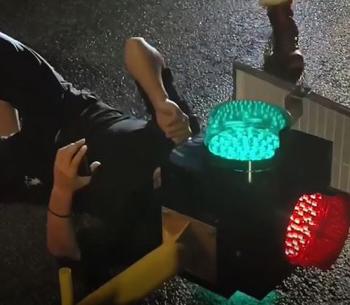2 out of 5 dementia patients stop taking dementia medication within a year...Within 3 months, it's close to 30%
Sep 23, 2025
|
This study is the largest survey in Korea by a research team led by Professor Lee Young-gun of the Department of Neurology at Inje University Ilsan Paik Hospital, which analyzed the health insurance records of 508,958 dementia patients aged 65 or older in Korea from 2018 to 2020.
According to the study, about 44% of patients who started dementia treatment stopped taking it within a year, and 30% stopped taking it within 90 days.
Dementia treatments are mainly choline esterase inhibitors such as donnepezyl, ribastigmin, and gallantamine, and memantine-based NMDA receptor blockers aimed at slowing cognitive decline. Therefore, whether or not to continue taking medication is directly related to the patient's worsening rate of symptoms.
The main factors influencing medication compliance were ▲women ▲ 65-74 years old ▲ medical benefits ▲ medical departments.
In particular, non-specialized patients had a 1.6 times higher risk of discontinuation than neurological and psychiatric specialized patients, and patients treated at primary and secondary hospitals had a more than twice higher risk of discontinuation than patients treated at advanced general hospitals.
The regional gap was also evident. Compared to patients who received specialized treatment in Seoul, patients who received the same specialized treatment in the provinces had a higher risk of discontinuation of medication by up to 75%. The degree of medication discontinuation was not related to the number of hospitals per patient, but it was found to be highly related to the number of specialists per patient. This suggests that specialist distribution has a greater impact on medication continuation than simple hospital size.
Professor Lee Young-gun of the Department of Neurology at Ilsan Paik Hospital, the head of the study, emphasized that `as dementia treatment is difficult to expect effects in a short period of time, steady medication is very important' and"the interest of specialists and guardians for the first three months is a key factor in determining medication compliance.'
Professor Lee Young-gun also said, `If medication is stopped, cognitive decline may accelerate"It is necessary to establish close communication between medical staff and caregivers and to establish a continuous medication management system" he added.
The results of this study were published in the recent issue of the Journal of Korean Medical Science.
|
This article was translated by Naver AI translator.















